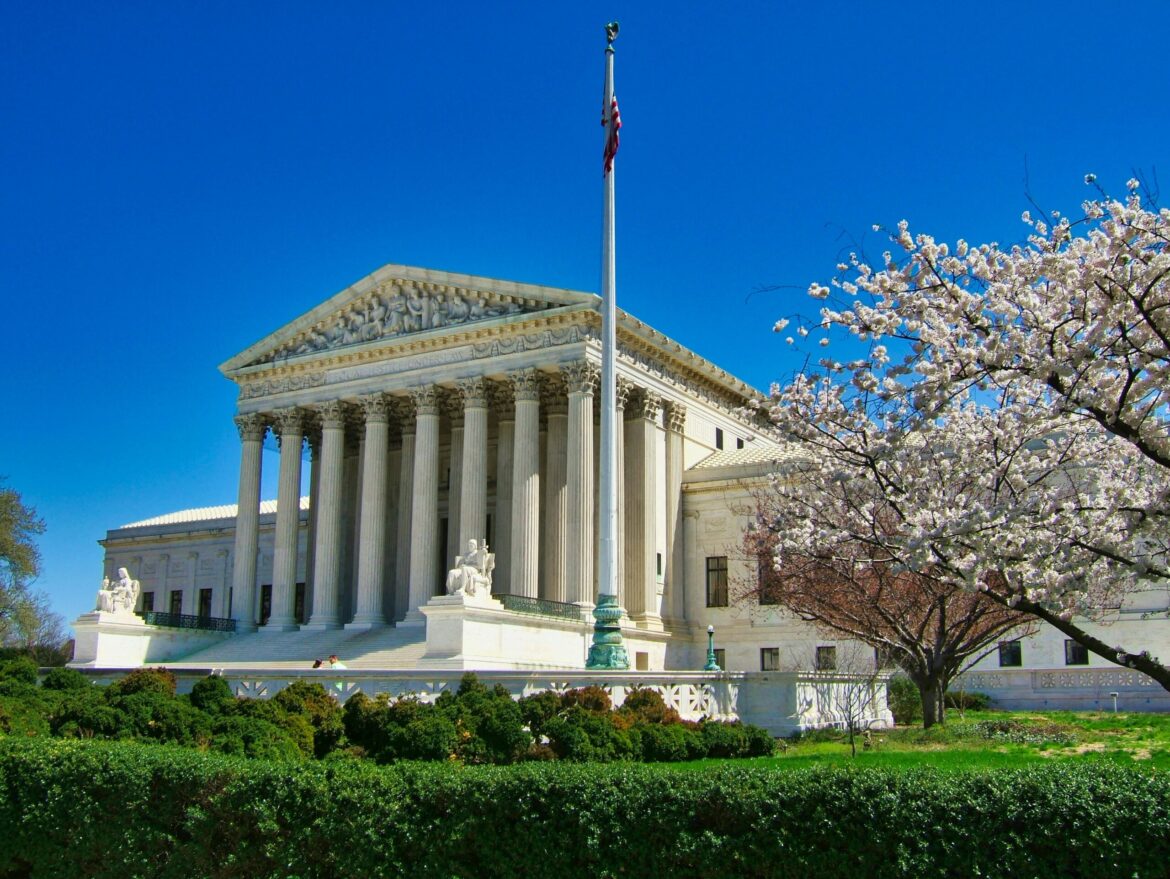A coalition of 16 Republican-led states has launched a significant legal challenge against the Biden administration, targeting new federal rules that encourage the use of Environmental, Social, and Governance (ESG) criteria in retirement fund investments. The lawsuit, filed in federal court, argues that the Department of Labor overstepped its authority by issuing rules that allegedly prioritize progressive political objectives over the financial best interests of retirement plan participants.
Led by Texas Attorney General Ken Paxton and Florida Governor Ron DeSantis, the lawsuit accuses the federal government of violating long-standing fiduciary duty laws that require investment decisions to be based solely on maximizing financial returns. According to the plaintiffs, ESG considerations—such as corporate climate change policies, board diversity, and social justice metrics—should not play a role in determining how retirement funds are managed.
The states involved in the suit include Texas, Florida, Louisiana, West Virginia, Utah, and several others. These states contend that by allowing retirement fund managers to weigh ESG factors, the federal government is effectively endorsing an ideological agenda that could compromise the economic security of millions of American workers.
In addition to the lawsuit, numerous GOP-led state legislatures have passed or proposed legislation aimed at curbing the influence of ESG in public finance. These measures often prohibit the use of ESG scores in state pension investment decisions or bar state contracts with financial institutions that utilize ESG metrics. Supporters argue that such actions are necessary to protect free-market principles and prevent political interference in financial markets.
Conservative advocacy organizations have also thrown their weight behind the anti-ESG campaign. Groups like Consumers’ Research and the American Legislative Exchange Council (ALEC) have initiated nationwide media efforts to highlight what they view as the dangers of “ideological investing.” These campaigns emphasize the importance of transparency, financial accountability, and the preservation of individual economic freedom.
The lawsuit could set a major precedent in the ongoing debate over the proper role of social and environmental considerations in financial regulation. Legal experts note that the case may reach the Supreme Court, where a ruling could significantly alter the landscape for investment management across the country.
As the case proceeds, it promises to become a flashpoint in the broader cultural and political conflict surrounding corporate governance, environmental responsibility, and the federal government’s regulatory authority. Observers from both sides of the political spectrum are watching closely, recognizing that the outcome may redefine how financial institutions balance profit with purpose in the years ahead.

